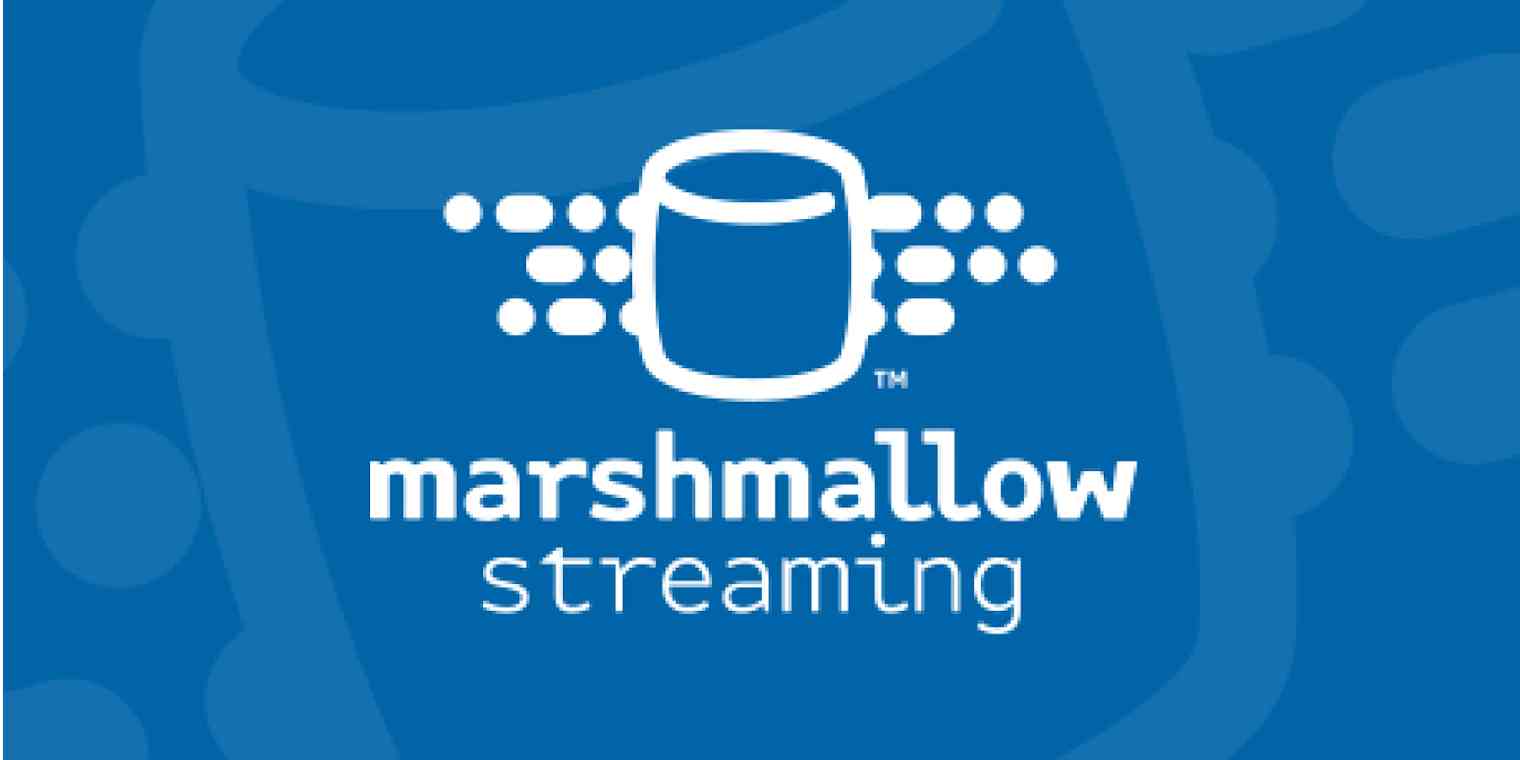Customer stories
3 min readHow a home entertainment business automated their entire sales cycle
By Hannah Herman · July 9, 2020

Get productivity tips delivered straight to your inbox
We’ll email you 1-3 times per week—and never share your information.
mentioned apps
Related articles
Improve your productivity automatically. Use Zapier to get your apps working together.








